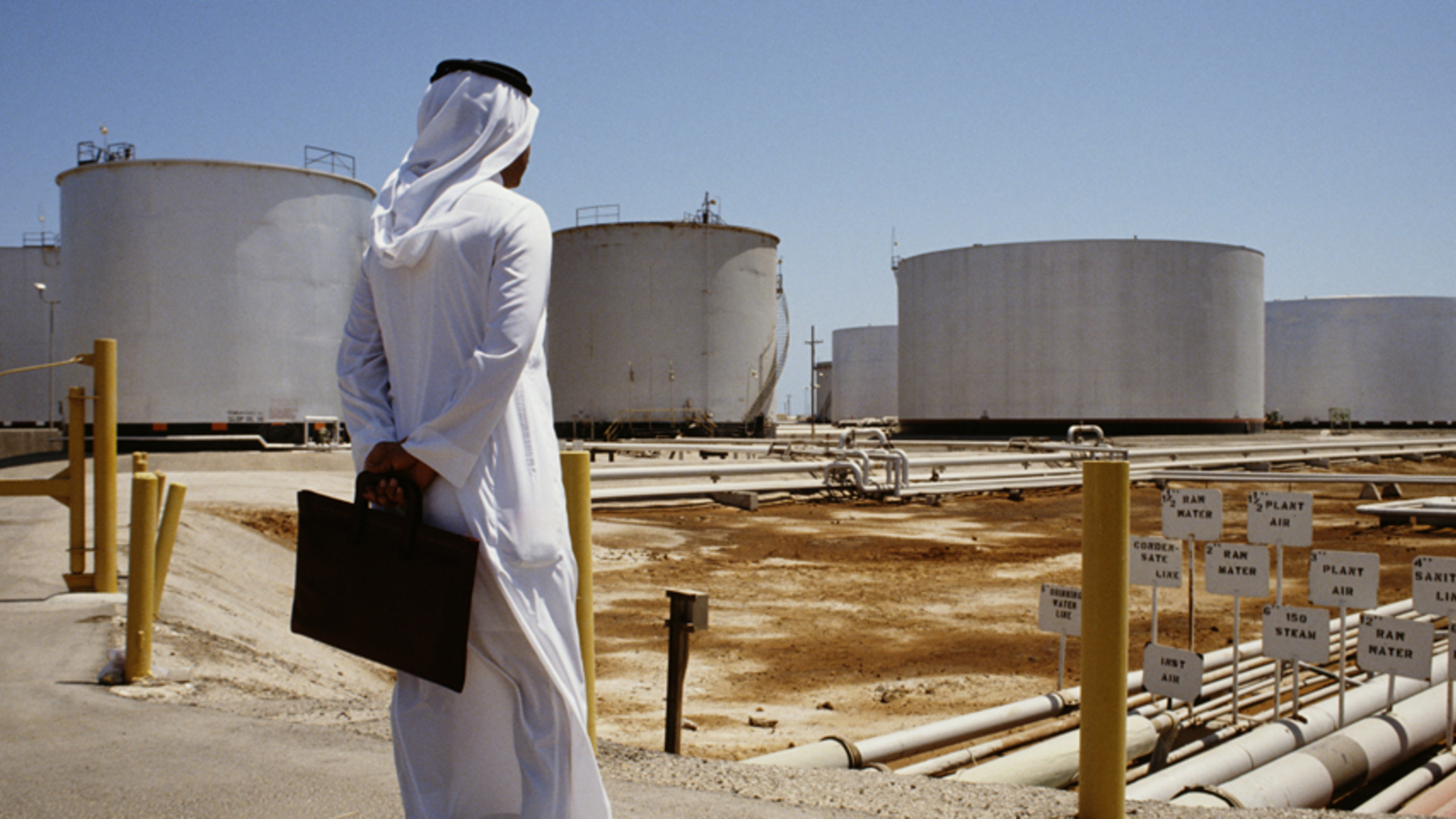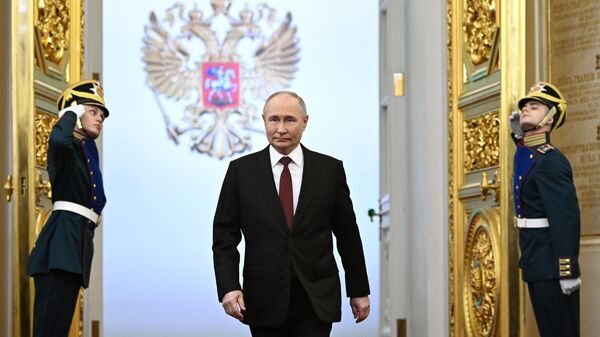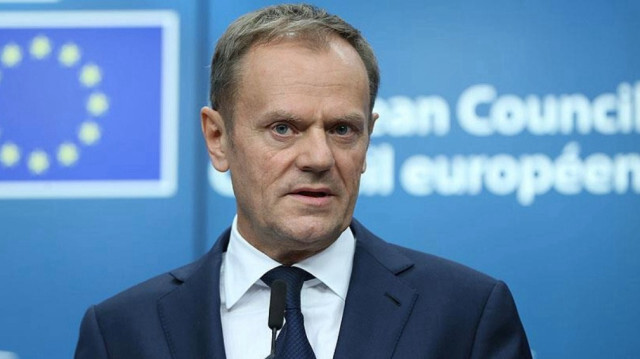Haiti Confronts a Transitory Phase Amidst Gang Violence and Political Turmoil
A new transitional government takes charge in Haiti, facing the herculean task of restoring order and paving the way for elections as gang violence spirals.
Published April 27, 2024 - 00:04am

Image recovered from wnd.com
Haiti has entered a critical transitory political phase, marked by the resignation of Prime Minister Ariel Henry and the establishment of a new transitional government amidst unyielding gang violence and deep-rooted socio-political instability. Michel Patrick Boisvert has stepped up as the interim prime minister, with the formidable challenge of leading the country towards stability and preparing for long-overdue elections.
The swearing-in of the new transitional council is seen as a pivotal move in a nation paralyzed by gang warfare, which has had severe consequences for the general populace. A recent uptick in gang-related violence has seen over 2,500 individuals either killed or severely injured, with the United Nations expressing grave concern over the humanitarian crisis.
Haiti's ongoing turmoil began to escalate in February, when Henry, appointed prime minister after the assassination of President Jovenel Moïse in 2021, attempted to postpone elections, sparking a rise in violence led by gang leader Jimmy Cherisier. The subsequent political vacuum has only intensified the challenges of navigating the country towards elections and re-establishing governance.
While Haiti sees another chapter of government transition, organized criminal gangs, controlling significant parts of the capital, Port-au-Prince, continue to perpetrate violence and oppression. The country has been plunged into a dire humanitarian crisis, with a considerable portion of the population displaced and facing famine-like conditions. Crucially, the country is in dire need of international support, including a proposed multinational police force to assist in addressing the security vacuum.
The transitional council's immediate focus is on reinstating public security, a task compounded by the legacy of the outgoing government's failure to stem the tide of criminal violence. As Haiti struggles to find its footing, the global community watches closely, hopeful yet apprehensive about the country's capacity for change and reform amidst the prevailing chaos.
The fall of Prime Minister Ariel Henry has opened a new, uncertain chapter for the Haitian people. The interim government, now at the helm, not only faces the Herculean task of quelling the pervasive gang violence but also of ushering in a new age of political transparency and accountability. The appointment of Michel Patrick Boisvert as the provisional prime minister marks a significant turning point, albeit a transition steeped in both potential and peril.
Amid the chaos, the international community debates the extent and nature of aid required. Haiti's strategic geopolitical position in the Caribbean necessitates a stable government, with international allies particularly intent on preventing further descent into disorder. Humanitarian agencies are stretched thin, working to provide relief against the backdrop of escalating violence and dwindling resources. In the wake of these events, calls have escalated for increased logistical and financial aid to support democratic processes and stimulate economic recovery.
The United Nations, along with regional partners, has called for a calm and peaceful transition. Yet, concerns mount over these calls being heeded, as the power of the gangs casts a long shadow over the possibility of free and fair elections. The influence of these entities is not limited to the streets, but percolates deeply into the political fabric, compromising the integrity of institutions. The systemic corruption and lack of judicial oversight have further eroded trust in government, complicating the path to legitimate governance.
Furthermore, Haiti's economic woes have been exacerbated by the COVID-19 pandemic, with a decline in remittances and a decimated tourism industry adding to the nation's burdens. Environmental disasters, including frequent hurricanes, have also beleaguered the country, prompting cries for international climate adaptation support. These consecutive crises paint a grim picture of a country running a gauntlet of endemic hardship, underscoring the urgency for substantial international assistance that extends beyond short-term solutions.
The international community's response, so far, has been a patchwork of aid and political pressure. However, the emergence of a transitional government is catalyzing the push for a more holistic and unified approach to Haiti's restoration. Key stakeholders are advocating for a coordinated response that not only reinforces law enforcement but also builds the capacity of civil society and public institutions.
Haiti's societal fabric is torn, its future uncertain. Many of her children are refugees in their own land, with over 38,000 internally displaced persons (IDPs) facing the daily horror of food insecurity and the absence of safe shelter. Addressing this humanitarian emergency is crucial, as the nation grapples with the dual challenges of political reform and societal reconciliation. The urgency for a resolution is emboldened by the resilience of the Haitian people, whose endurance is a cornerstone for hope.
The road ahead for Haiti remains perilous and steep, with its success hinging on the transitional government's ability to bring together a divided populace. The eyes of the world remain fixated on this small nation, earnest in their desire for peace but realistic about the obstacles ahead. As Michel Patrick Boisvert steps into leadership, he finds himself at the crossroads of history, shouldering the responsibility of guiding Haiti back from the brink, and fostering an era of renewal and stability.
:quality(70)/cloudfront-eu-central-1.images.arcpublishing.com/irishtimes/RZY6YBKSIJABJWI3MSPZXTI4I4.jpg)






